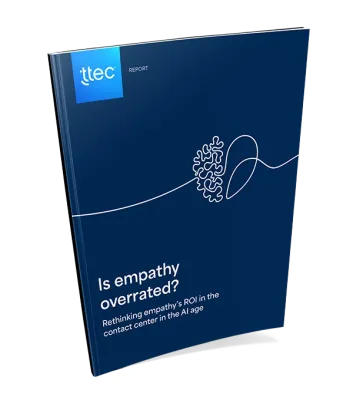Just days before its developer conference (WWDC 2025), Apple dropped a staggering statistic: the App Store blocked $2 billion in fraudulent transactions in 2024 alone — bringing to $9 billion fraud thwarted over the past five years.
While this announcement was strategically timed to remind developers of the App Store’s value proposition amid growing competition from alternative payment methods, it reveals something far more significant for enterprise leaders — a masterclass in fraud prevention at scale.
The hidden battle behind every digital transaction
Behind Apple’s polished storefront lies a sophisticated fraud detection ecosystem that processes transactions for more than 813 million weekly visitors across 175 global regions. The numbers paint a picture of digital commerce under constant siege: Nearly 2 million risky app submissions blocked, 146,000 developer accounts terminated, and 711 million fraudulent customer account attempts rejected in just one year.
Apple doesn’t just want to protect its revenue; it needs to maintain trust in an entire digital ecosystem. When fraud succeeds, everyone pays -- Legitimate businesses lose revenue, consumers lose confidence, and platforms lose credibility.
Beyond payments: The multi-vector fraud reality
Apple’s announcement reveals that modern fraud extends far beyond simple payment theft. Bad actors attempt to steal personal data, create fraudulent accounts, and distribute pirated apps containing malware, pornography, and gambling content. These sophisticated attackers exploit every possible vulnerability across multiple touchpoints.
The scale is breathtaking: Apple blocked more than 10,000 illegitimate apps on pirate storefronts and stopped nearly 4.6 million attempts to install unauthorized apps. It illustrates the sobering reality that fraud prevention can’t be an afterthought or a single-point solution.
Strategic timing and competitive context
The timing of Apple’s fraud announcement wasn’t coincidental. Following Epic Games’ recent legal victory that forced Apple to allow alternative payment methods in apps, many developers must decide to either stick with Apple’s 15% to 30% commission or handle payments independently. Early data from RevenueCat suggests that small businesses are unlikely to financially benefit from switching to their own payment systems, largely due to fraud-related costs and complexities.
Five critical lessons for enterprise leaders
1. Fraud prevention as core infrastructure
Apple treats fraud prevention not as a cost center but as fundamental infrastructure. Rather than viewing it as overhead, smart enterprises recognize security as a competitive advantage that enables growth by maintaining customer trust and operational efficiency.
2. Scale amplifies opportunity and risk
Apple’s massive scale — processing billions of dollars in transactions — creates both attractive targets for fraudsters and the data necessary to build sophisticated detection systems. Enterprises should anticipate that success brings proportional fraud attention and plan accordingly.
3. Multi-layered defense is non-negotiable
Apple’s approach spans account creation, app submission, transaction processing, and post-transaction monitoring. Enterprises need similarly comprehensive strategies that address fraud across all customer touchpoints, not just payments processing.
4. Hidden costs of ‘going it alone’
The Epic Games situation highlights how seemingly expensive intermediaries such as Apple’s App Store often provide invisible value. Before building internal capabilities or switching providers, enterprises should fully quantify the total cost of ownership, including fraud losses, operational overhead, and opportunity costs.
5. Trust as a moat
Apple’s fraud prevention efforts create a powerful competitive “moat.” The more secure the platform, the more valuable it becomes to both developers and consumers. Enterprises that invest in security and fraud prevention can similarly differentiate themselves in competitive markets.
The enterprise imperative for fraud prevention
Apple’s $2 billion fraud prevention success story is instructive. In an era where digital transformation accelerates business processes and expands attack surfaces, fraud prevention becomes a strategic capability rather than an operational requirement.
Enterprise leaders have moved beyond deciding whether to invest in fraud prevention and are now turning their attention to how to invest. Effective fraud prevention requires significant ongoing investment, sophisticated technology, and deep operational commitment. But the alternative — exposing your business and customers to billions in potential losses — is far more expensive.
The companies that thrive in the digital economy will be those that, like Apple, recognize fraud prevention as essential infrastructure that enables growth, protects customers, and creates sustainable competitive advantages.
The $2 billion in potential fraud Apple blocked last year represents $2 billion that stayed in the pockets of legitimate businesses and consumers — a powerful reminder that in the digital age, security isn’t just about protection. It’s about prosperity.














